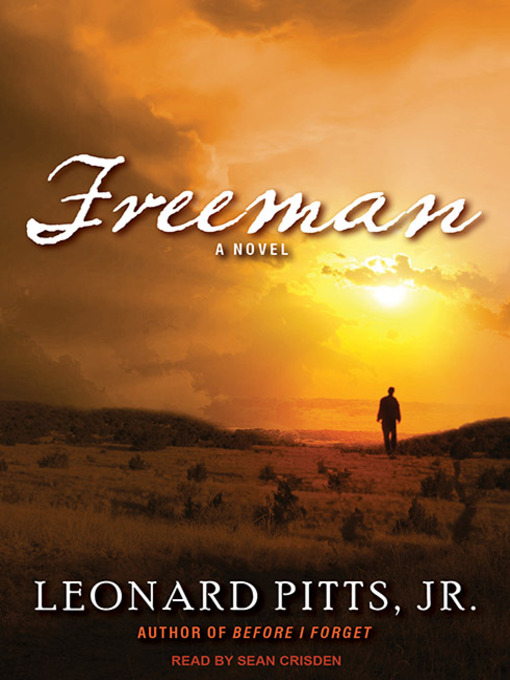- New kids additions
- New teen additions
- Available now
- Series Starters
- Most popular
- Try something different
- Learn Something New By Reading Something True!
- New Book Arrivals
- Most Popular eBooks
- Escape the horror - check out a romance!
- Professional Development
- Story with art
- Holiday Entertaining
- See all ebooks collections
- Available now
- New audiobook additions
- Audiobooks for your Commute
- Popular Audiobook Narrators
- New kids additions
- New teen additions
- Most popular
- Try something different
- New Audiobook Arrivals
- Best Of 2024
- Quick Listens for a Busy Season
- Stories that Warm the Heart
- You, Better
- See all audiobooks collections

